Our Team
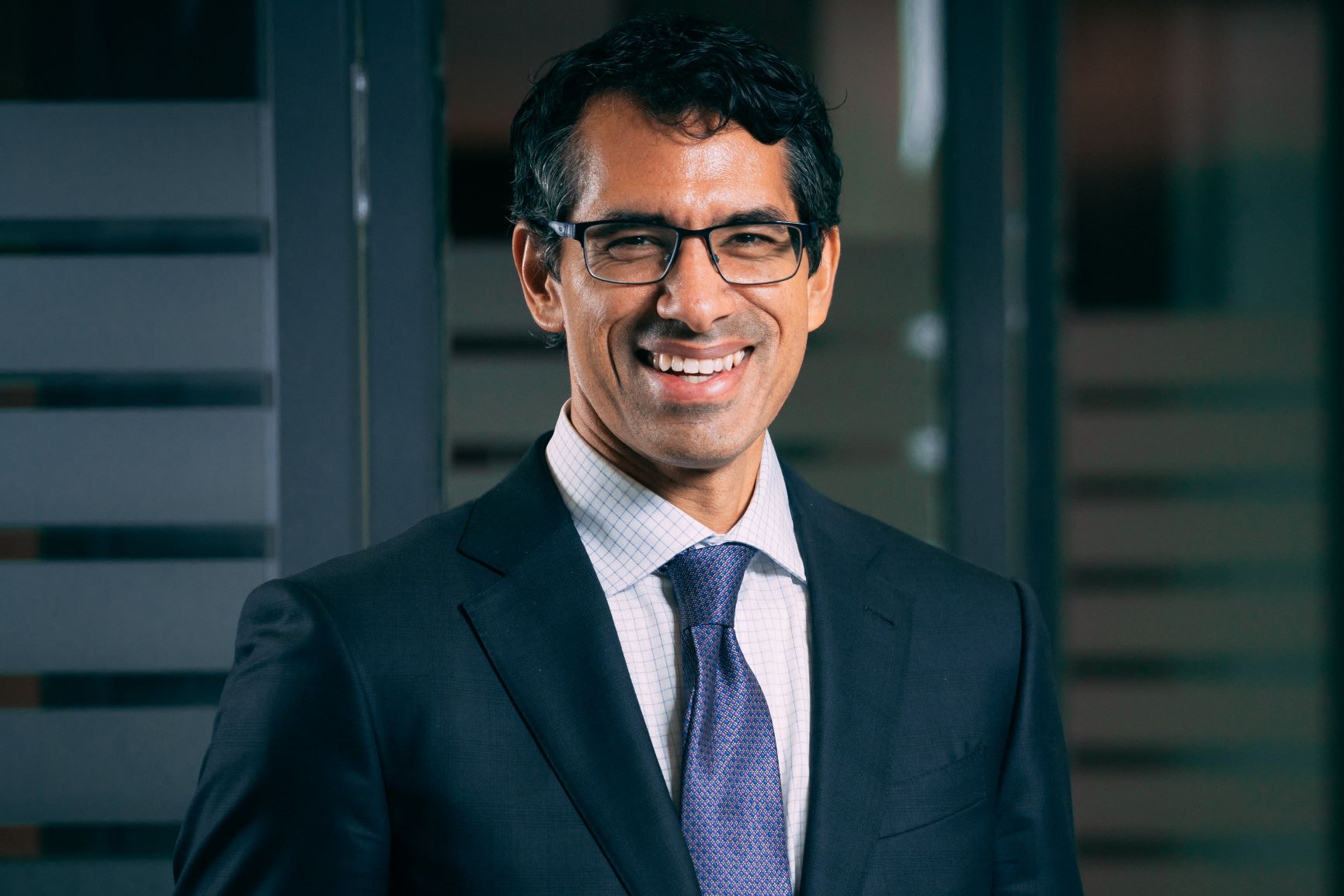
He is currently the Director of the Surgical Epilepsy Program at the Krembil Brain Institute, a Scientist at the Krembil Research Institute, and has a cross-appointment at the Institute of Biomaterials and Biomedical Engineering. His neurosurgical staff appointment is at the Toronto Western Hospital, and he is currently Associate Professor of Neurosurgery at the University of Toronto.
Lab Members
 Tania Dias
Tania Dias
Research Analyst
Tania assumes responsibility for the overall management of the Neuron to Brain Research initiatives and collaborations under the leadership and guidance of PI, Dr. Taufik Valiante. She is the bridge across study teams, streamlining operations across multiple projects and enabling research tasks including grant submissions, complex contract management, stakeholder query management, and budget maintenance for the Neuron to Brain Lab.
Email - tania.dias@uhnresearch.ca
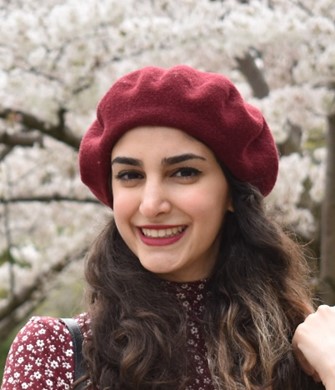
Mandana Movahed
Research Technician
Mandana Movahed is a Research Technician in Dr. Taufik Valiante's team at the Krembil Research Institute. she has a Masters in Neuroscience from the Institute of Medical Science at the University of Toronto. Her focus was on understanding the underlying mechanisms of Degenerative Cervical Myelopathy (DCM) and the associated complications related to its treatment.
Her passion for asking questions and solving problems through science guided her toward choosing a researcher’s life and she is excited to continue her pursuits in translational research within the Neuron to Brain lab.
Email - mandana.movahed@uhnresearch.ca
 Victoria Barkley
Victoria Barkley
Research Technical Assistant
Victoria is a Research Technical Assistant and serves as liaison between Dr. Valiante's trainees, collaborators, EMU staff clinicians and research candidates. Specifically, she works with patients who are eligible to participate in electrocorticographic (ECoG) studies. She is also responsible for clinical data collection and post-operative reconstructions.
Email - Victoria.Barkley@uhnresearch.ca
Associates and Fellows
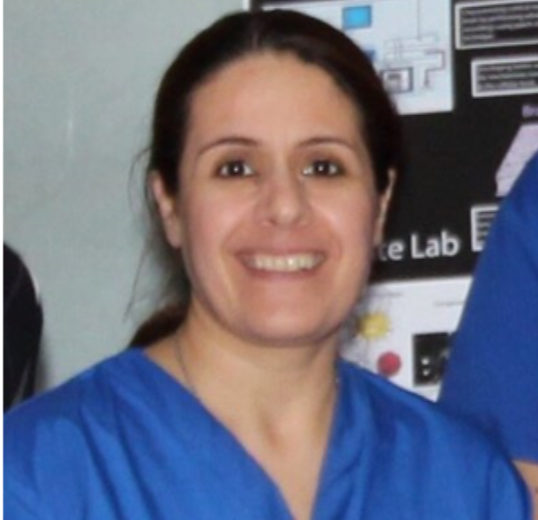 Homeira Moradi
Homeira Moradi
Scientific Associate II
As a senior neuroscientist, Homeira has a passion for studying seizures and their effects on the brain. She is particularly interested in understanding the mechanisms behind the loss of biophysical heterogeneity following a seizure event. Her research focuses on utilizing cutting-edge techniques and technologies to gain insight into the biophysical changes that occur in the brain after a seizure, and to understand how these changes contribute to the development of epilepsy. As leader of a wet lab pillar ( at the Neuron to Brain lab), she is also committed to fostering a collaborative and innovative environment for the team. Her goal is to foster the power of teamwork and strive to create a culture of trust, communication, and mutual respect within the lab.
Email - Homeira.Moradi@uhnresearch.ca
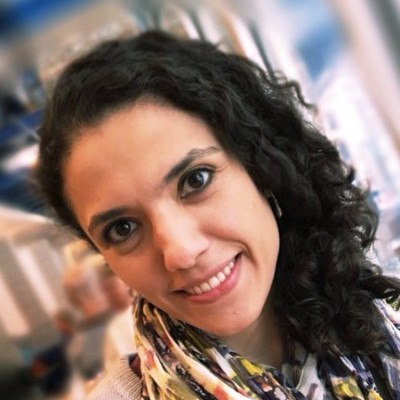
Araceli R. Cardenas
Scientific Associate
Araceli specializes in human intracranial recordings. Her primary scientific interest lies in the interactions between bodily functions and cognition (i.e. attention, memory, language). She believes that the notion of embodiment is central in developing a neuroscience of well-being. Currently, she is investigating how physiological rhythms (respiration, heartbeat) modulate and are modulated by cortical neuronal activity. In that line of research, she is interested in whether and how physiological markers can be used for seizure prediction in epilepsy patients.
Dr. Cardenas joined the Neuron to Brain Lab in 2021 and leads the intracranial EEG (iEEG) Pillar. She oversees the establishment of scientific collaborations involving human intracranial recordings and the implementation of new behavioral paradigms. Her goal is to establish to Neuron to Brain Lab as a central hub in the network of centers conducting intracranial research in humans. Dr. Cardenas received her PhD in Neuroscience from the Max Planck Research School in Tuebingen, Germany. Previously, she studied Medicine in Mexico, and Philosophy of Science in Spain.
Email - araceli.ramirezcardenas@uhnresearch.ca
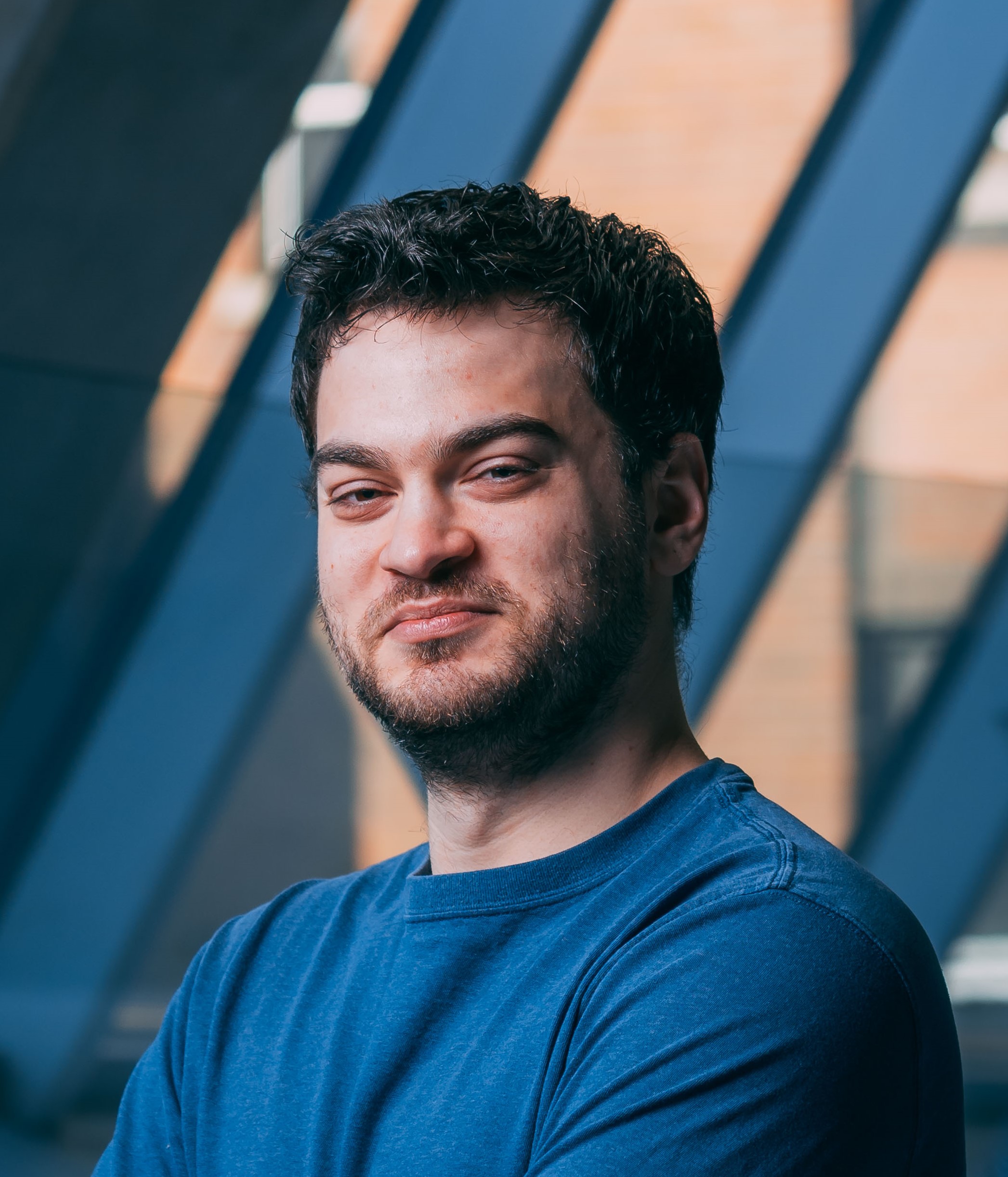 Scott Rich
Scott Rich
Scott received his Ph.D in Applied and Interdisciplinary Mathematics from the University of Michigan, and performs his postdoctoral research under the co-supervision of Dr. Valiante and Dr. Frances Skinner. His work aims to use computational tools to mechanistically describe the sometimes paradoxical pathways to seizure. The discovery of such mechanisms has the potential to uncover not only novel experimentally testable hypotheses to improve our understanding of seizure initiation, but also novel targets for clinical intervention to minimize or prevent seizure in patients with epilepsy.
This work takes place at both a micro-scale, where he works to create detailed computational models of human neurons utilizing electrophysiological data from the Neuron to Brain team, and at a macro-scale, in which he investigates how seizure might arise in computational neural networks.
Email - Scott.Rich@uhnresearch.ca
Website: http://scottrich.strikingly.com
Twitter: https://twitter.com/RichCompNeuro
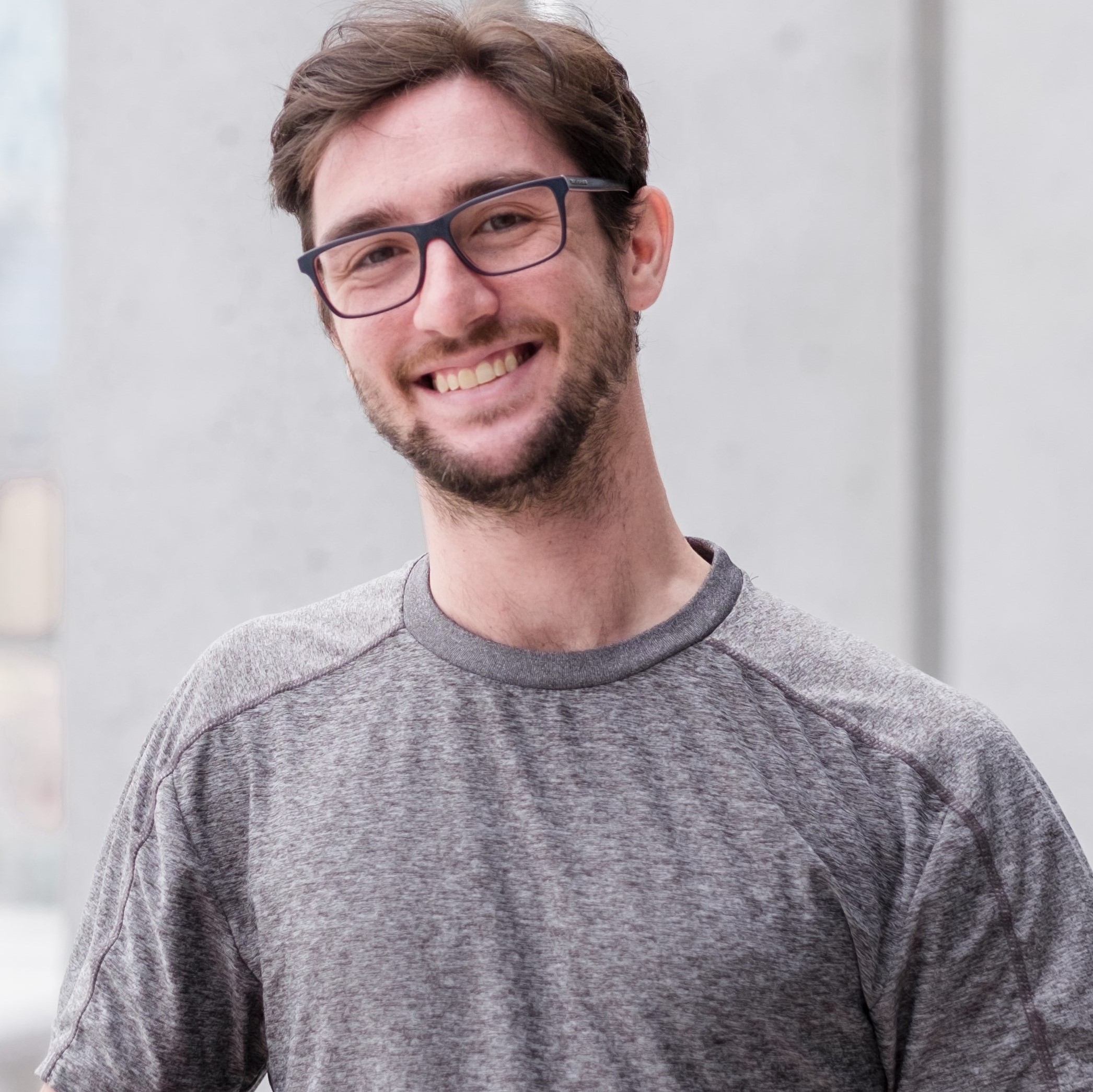
Chaim Katz
Chaim is interested in what makes people unique, by specifically looking at the brain. His project involves using technology to investigate activity of the brain associated with memory and using clinical technology to modify performance and brain activity in recall and associative memory tasks.
Email - Chaim.katz@mail.utoronto.ca
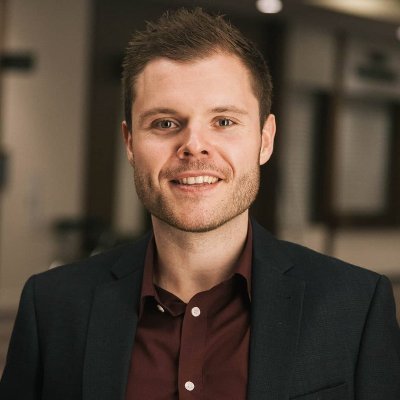
Gerard O'Leary
Gerard is researching neuroelectronics at the interface between digital and biological systems. This includes the design of silicon chips which use machine learning to understand neural activity and respond using electrical neuromodulation waveforms. He's focused on deploying this technology for fundamental research instruments and in implantable medical devices. He completed his B.Eng. at the National University of Ireland, Galway, and his MASc and PhD degrees at the University of Toronto, all in Electrical and Computer Engineering. When he's not in the lab, he's probably swimming, running or biking.
Email - gerard.oleary@mail.utoronto.ca
Twitter - @integerard
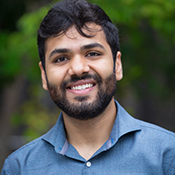
Kramay Patel
Kramay works on developing novel neurofeedback protocols to investigate skill learning in mesial temporal lobe structures. This type of skill learning can potentially be used to probe underlying circuitry in the mesial temporal lobe structures (which is largely responsible for memory encoding, and often involved in generating seizures) in a safe and highly precise manner.
Email - Kramay.patel@mail.utoronto.ca
PhD Candidates

Sara Mahallati
Sara works on characterizing human cortical cell types by extracellular features and spatial distribution on the cortical layers to produce a probabilistic map of cell types and connectivity across the layers. Single unit recording of human cortical slices is done in vitro using multi electrode array technology.
Email - sara.mahallati@mail.utoronto.ca
Nafiseh Ghoroghchian
PhD Student, Electrical & Computer Engineering, University of Toronto
I am a PhD candidate at University of Toronto, Electrical and Computer Engineering Department. My research comes at the intersection of signal processing, machine learning, network science, and neuroscience! I develop algorithms to extract biometrics from brain signals, model brain network and function, and enhance electrophysiological intervention techniques to ultimately predict and control brain states. My recent endeavours focus on finding regions and timing of stimulations to intervene with the brain to treat neurological disorders like Epilepsy. This stimulation exploration is a great potential to increase the efficacy of existing treatment options, including neuromodulation devices, for individuals with neurological disorders using electronic implants in the brain. The goal is to leverage advanced machine learning to identify precise locations which can be stimulated to achieve best therapeutic results.
Email - gh.nafiseh71@gmail.com
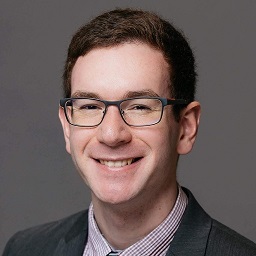
David A. Roszko
PhD Student, Electrical & Computer Engineering, University of Toronto
David is interested in the design, characterization, and application of novel neural interface technologies for monitoring and modulating the nervous system. David completed his BSc degree in electrical engineering and MSc degree in neuroscience at the University of Alberta, Alberta, Canada. His research has focused on developing and characterizing intraspinal neuroprostheses for restoring mobility in models of severe spinal cord injury by applying targeted electrical stimulation in the lumbosacral spinal cord. David aims to develop nanophotonic neural probes for facilitating chronic optogenetic research in mouse models of epilepsy.
Email - david.roszko@uhnresearch.ca
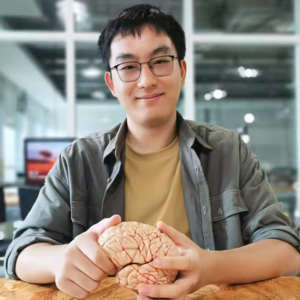
Qian Chu
PhD Student, Biomedical Engineering, University of Toronto
Qian is interested in how brains construct models of the world and generate predictions to guide adaptive behaviour. He received his BS in neural science from New York University where his research focused on auditory prediction its relevance to the sense of agency. Qian aims to decipher the predictive neural computations associated with saccadic eye movements. He is also into philosophy of mind and epistemology, especially the recent quantitative approaches (e.g., Bayesian epistemology).
Email - qian.chu@mail.utoronto.ca
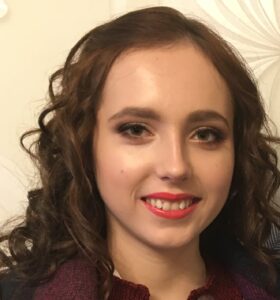
Laura Kondrataviciute
PhD Student, Biomedical Engineering, University of Toronto
Laura is interested in wireless Deep Brain Stimulation which could be used to treat movement disorders associated with Parkinson’s disease, essential tremor, dystopia and other neurological conditions. She received her MEng degree in Chemical Engineering at the University of Bath, United Kingdom. Her research focused on synthesis and characterization of upconversion nanoparticles for size selective applications. Laura aims to develop micro/nano electrodes which could perform Deep Brain Stimulation wirelessly.
Email - laura.kondrataviciute@mail.utoronto.ca
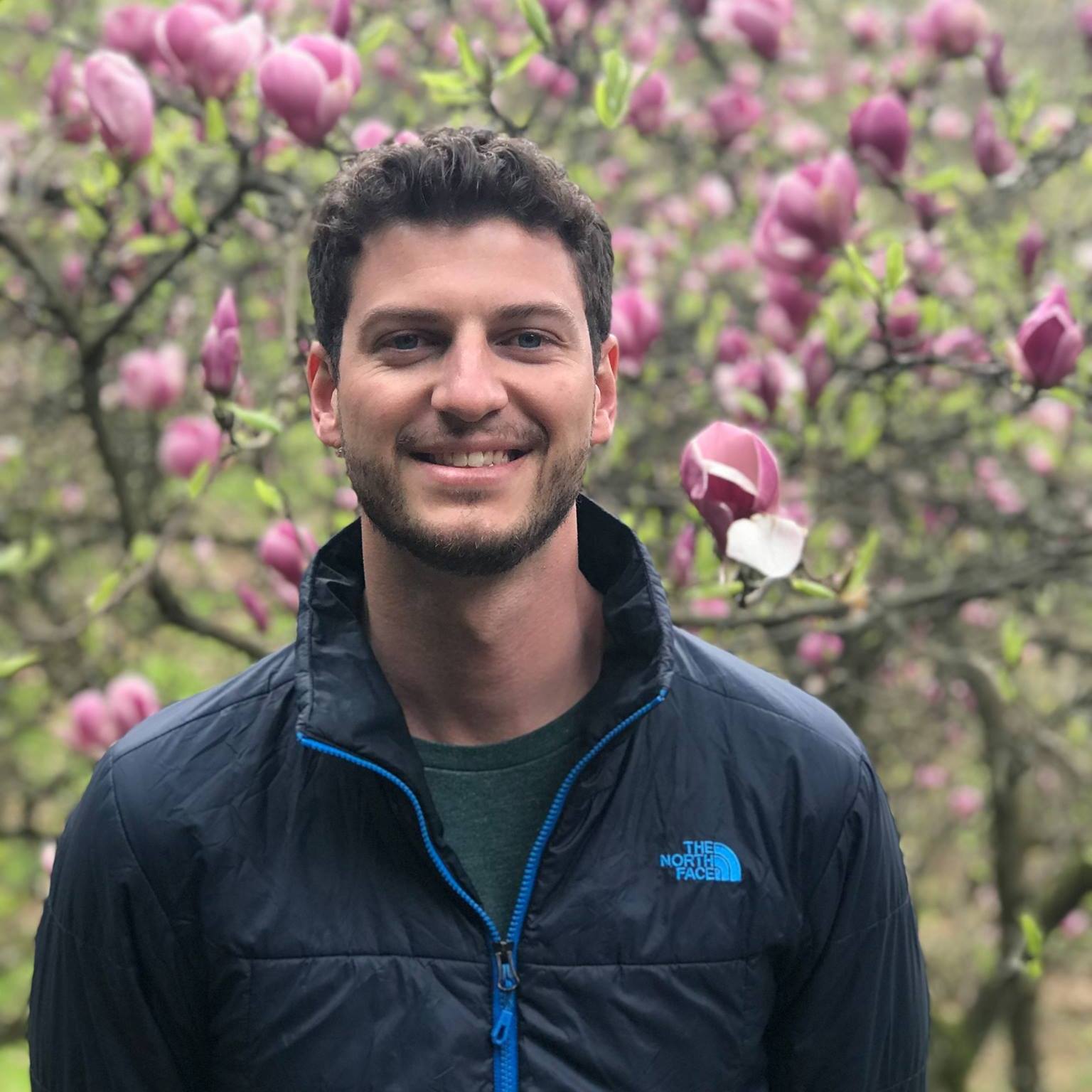
Thomas Biba
PhD Student, Psychology, University of Toronto
I am a 1st year PhD student in the Psychology Department at the University of Toronto co-supervised Dr. Taufik Valiante and Dr. Katherine Duncan (Psychology Department). My work investigates the trade-offs and interactions between perceptual and mnemonic processing, and how the brain enables these operations across space and time. I am particularly interested in how the MTL circuit dynamically gates the flux of information from either the environment or memory, and the implications this operation has for brain function and cognition as a whole.
Email - thomas.biba@mail.utoronto.ca
Masters Candidates
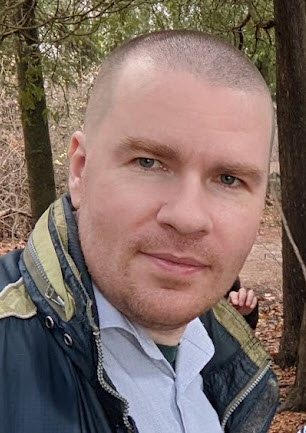
Iouri Khramtsov
MASc Student, Biomedical Engineering, University of Toronto
Iouri Khramtsov is a masters student Biomedical Engineering, University of Toronto. He works on neural-interfacing systems that improve people's lives, with a focus on the firmware, user interfaces, distributed cloud systems, and algorithms. Before joining the lab, he spent fourteen years in finance and software development industries, working as a quantitative analyst, technical lead, and software architect.
Email - Iouri.Khramtsov@uhnresearch.ca
Web - www.i-kh.net

Vandana Prasad
Madeleine Falby
Master of Science Student, Institute of Medical Science, University of Toronto
Madeleine is a graduate student in Dr. Valiante's lab and focuses her research on uncovering the intrinsic biophysical and transcriptomic properties of epileptogenic neurons of the brain. She recently completed her BScH at Queen's University in Life Sciences within the neuroscience specialization stream. By performing whole cell patch clamp and single cell RNA sequencing techniques in the Neuron to Brain lab , Madeleine hopes to understand the complexities of various types of epilepsies at the cellular level. Her passions for scientific discovery and the pursuit of knowledge encourage her goals in becoming a neuroscientist.
Email - madeleine.falby@uhn.ca
Linkedin: https://ca.linkedin.com/in/madeleine-falby-41b392219

Wenjing Chen
Alumni
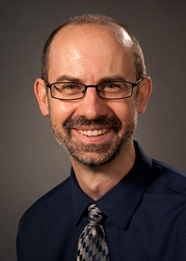
David Groppe
Scientific Associate
David Groppe, Ph.D., is a data scientist at the Persyst Development Corporation where he develops software to aid epilepsy diagnoses. David received his Ph.D. in cognitive science in 2007 from the University of California. From 2011-2017, Dr. Groppe worked under Dr. Ashesh Mehta at the Feinstein Institute for Medical Research and Dr. Taufik Valiante at the Krembil Neuroscience Center, developing software to analyze data from epilepsy surgery candidates. In 2017, under Dr. Valiante’s mentorship, Dr. Groppe won an entrepreneur award from the Ontario Brain Institute, which led to his joining Persyst. He continues to collaborate with the Neuron-to-Brain Lab.
Email - David.Groppe@uhnresearch.ca
Website: https://github.com/dmgroppe
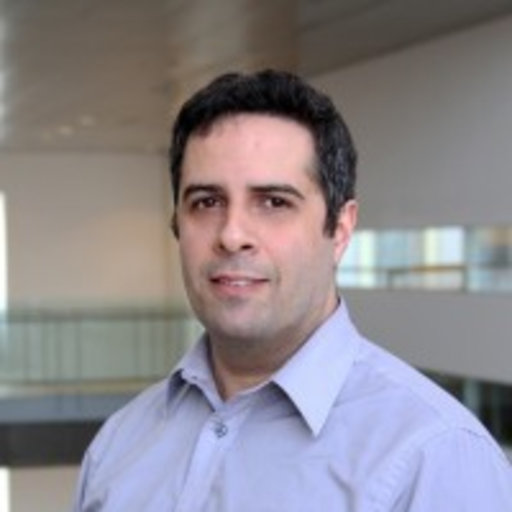 Omid Talakoub
Omid Talakoub
Omid received his PhD in Electrical and Computer Engineering from the University of Toronto. His earlier research aimed at Brain Computer Interface, coordinated activity between motor cortex and basal ganglia in individuals with Parkinson's disease, and modification of neural activity through micro-stimulation of brain structures. His current work aims to uncover neural mechanisms of memory formation and memory recall in primates. The discovery of such mechanisms leads to methods interacting with memory system; with traumatic potentials for individuals suffering from neurological deficiencies such as amnesia, Alzheimer's disease, as well as post-traumatic stress disorder (PTSD).
Email - Omid.Talakoub@uhnresearch.ca
 Azadeh Naderian
Azadeh Naderian
Azadeh received her Ph.D. in Biomedical Engineering from the University of Montreal and joined the Neuron to Brain lab as a Postdoctoral Research Fellow in March 2018. She has been working on different subjects, including “single-neuron studies of learning, memory, and decision making in human” and “assisting optogenetics experiments using silicon neural nanoprobes”, and is currently exploring the mechanisms of brain neuromodulation by electrical stimulation.
Azadeh is trying to understand how neuromodulation exactly affects the excitability of neuronal networks by stimulating and recording from mice brain slices using Multi-Electrode Arrays (MEAs). She investigates how electrical stimulation affects the excitability of neural tissue, and how these stimulation approaches may be improved towards greater therapeutic benefit.
Email - Azadeh.Naderian@uhnresearch.ca
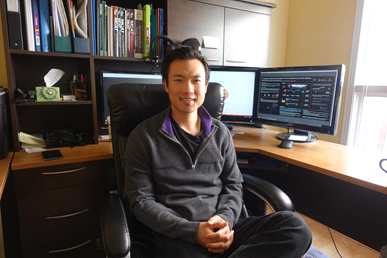
Michael Chang
Michael works on optogenetic activation of interneurons triggers electrographic seizures in in vitro and in vivo seizure models.
Email - Michael.chang@live.ca

Daniele Grattarola
Daniele is a third-year graduate student at the University of Lugano, Switzerland. He researches graph neural networks and their applications to systems that change over time. Currently, he is working on the prediction and localization of epileptic seizures from iEEG data using graph attentional mechanisms.
Email - daniele.grattarola@usi.ch
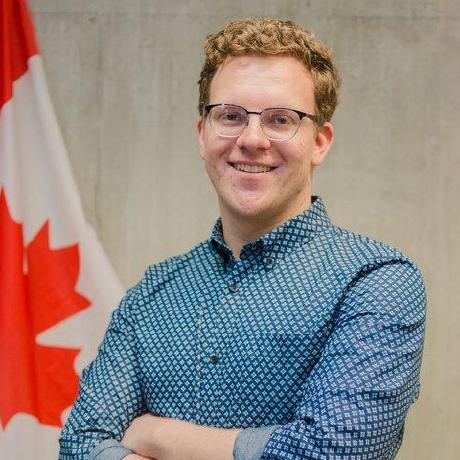
Ali Haydaroglu
Ali is a fourth year Engineering Science undergraduate student working on a new class of Maximum Entropy models to extract connectivity estimates from neural signals. He uses mathematical frameworks from statistical physics to model populations of neurons. Working with the Fujitsu Co-Creation Laboratory, he implements computational methods to apply these frameworks to neural signals and estimate their connectivity. Outside the lab, you can find him playing the tenor sax for the UofT Engineering jazz band.
Email - ali.haydaroglu@mail.utoronto.ca

Masoumeh Seghatoleslam (2016-2018)
Masoumeh worked on Intraoprative optical characterization of brain tumor tissues. The objective of this study was to investigate the use of Raman spectroscopy (RS) and Polarization Sensitive Optical Coherence Tomography (PS-OCT) to distinguish tumor from healthy tissues intraoperatively and to achieve maximal extent of resection (EOR) and minimize damage to adjacent healthy brain tissues in brain tumor resection.

Sumayya Mehmood (2015-2017)
Sumayya worked on optimizing the benefits of epilepsy surgery using a mixed methods approach. In order to improve post-operative quality of life, she was collecting data in order to create and test the effectiveness of a pre-surgical counselling intervention.
Phase 1: A qualitative and quantitative environmental scan of post-surgical epilepsy patients.
Phase 2: Using the environmental scan to create a counselling intervention and perform a randomized control trial to test it out.
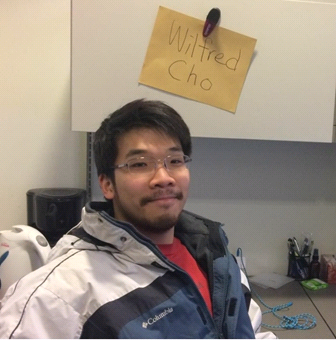 Wilfred Cho (2015-2017)
Wilfred Cho (2015-2017)
Wilfred worked on prediction, early detection and abortion of seizure events in human in a clinical trial. His stream of focus included:
1. Algorithmic design of seizure prediction and early detection using signal processing and machine learning techniques in real-time environment.
2. Investigate possibility of seizure abortion during pre-ictal state and early state of ictal event.
3. Integration of clinical platform and research platform (Hardware, Software and Database).
Summer Students And Volunteers
Aditya Saigal (2019)
Adam Gierlach (2019)
Aidan (AJ) Perez-Ignacio (2019-2020)
Bipasha Goyal (2019)
Nizar Islah (2019)
Shounak Sural (2019)
Shujian Qian (2019)
Young Seok Seo (2019)
Adam Gierlach (2018)
Alexandra Santos (2018)
Bushra Shehzad (2017-2018)
Dana Kokoska (2018)
Dorsa Zabihipour (2018)
Farhad Yusufali (2018)
Francis Kang (2018)
Jamie Koerner (2018)
Sonali Dey (2018)
Ali Haydaroglu (2017-2019)
Farhan Wadia (2017)
Kramay Patel (2017)
Laura Bickley (2016-2017)
Shahryar Rajabzadeh (2017)
Ted/Yin Tai Huang (2017)
Veronica/Ya Li (2017)


